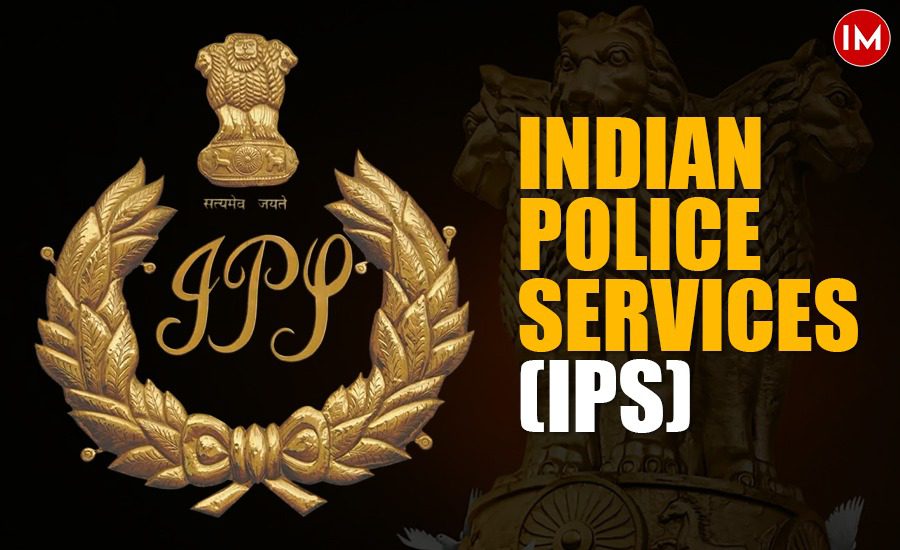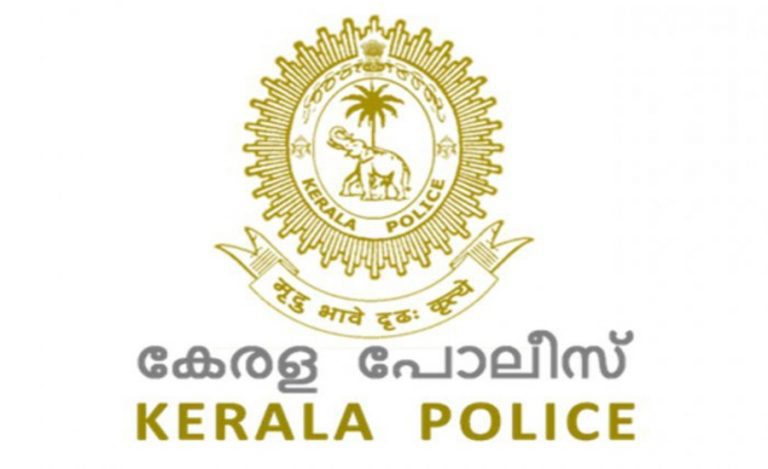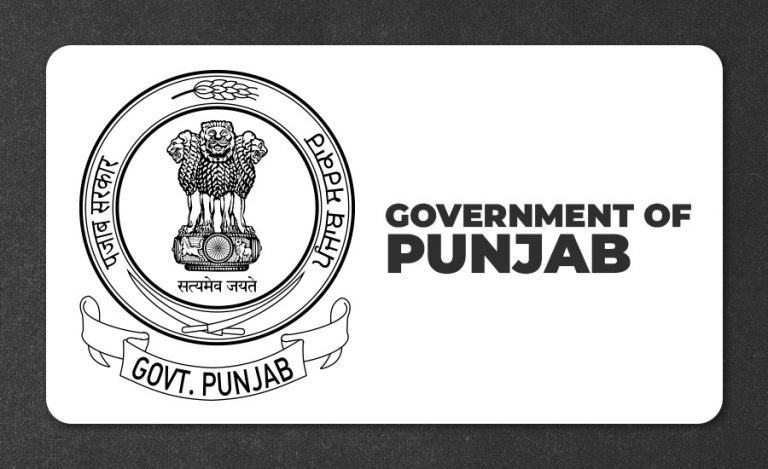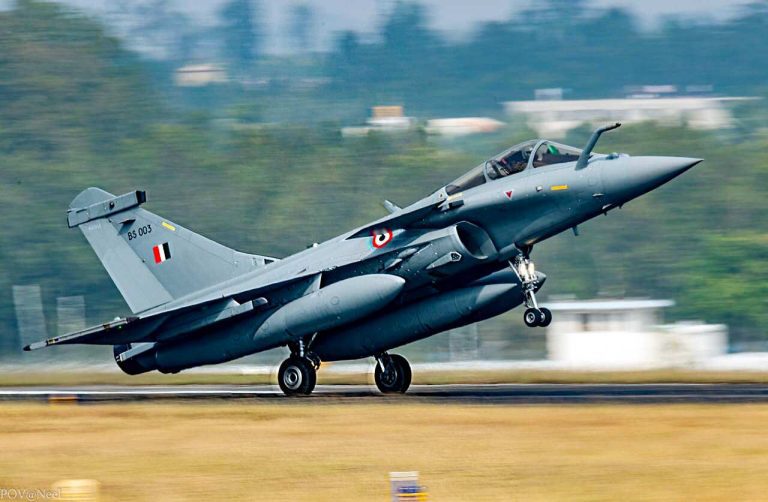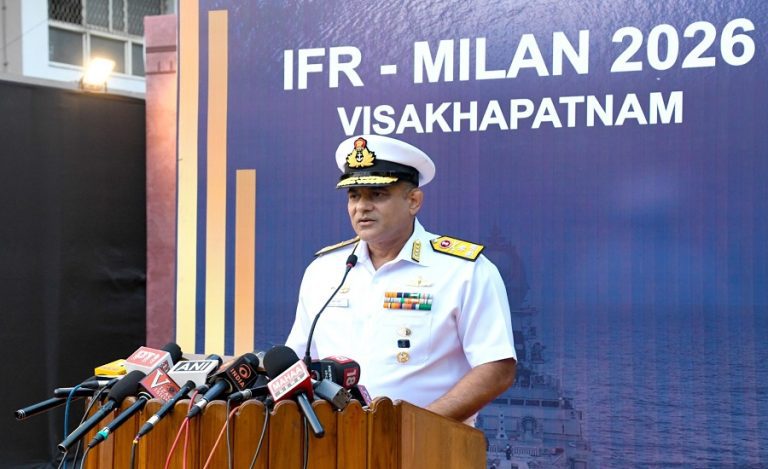A June 2025 report has revealed an alarming shortfall in IPS officer postings on central deputation. Of the 678 IPS posts approved for deputation at the Centre, a staggering 212 remain vacant, raising concerns over the functioning of key central investigation and security agencies, including the Intelligence Bureau (IB), Central Bureau of Investigation (CBI), and various Central Armed Police Forces (CAPFs).
Vacancies at DIG and SP Level Threaten Operations of Key Agencies
Significant gaps exist at crucial mid-level positions–
- DIG rank: Out of 254 sanctioned posts, 63 remain vacant.
- SP rank: Of 221 posts, 123 are unoccupied, accounting for over 55% vacancy.
- IB (SP level): Out of 83 posts, 51 are vacant.
- IB (DIG level): 63 posts approved; 37 unfilled.
The shortage is particularly acute in agencies requiring specialized intelligence and investigative experience, such as the IB and CBI.
CBI Facing Severe IPS Shortage
According to the June 2025 data–
- CBI (SP level): Of 73 sanctioned posts, 55 are unfilled, indicating a shortfall of 75%.
Such numbers raise critical concerns about ongoing investigations and overall agency efficiency.
Current Status of Top-Level IPS Deputation (As of June 23, 2025)
Contrary to the severe shortage at SP and DIG levels, senior IPS positions on deputation are mostly filled–
- Director General (DG): All 15 posts filled.
- Special Director General (SDG): All 12 posts occupied.
- Additional Director General (ADG): 26 approved; only 2 vacant.
- Inspector General (IG): Out of 150 posts, 24 are vacant.
This reflects a relatively healthier fill rate at higher levels, while critical field-level ranks remain under-resourced.
Historical Trend of Vacancies
March 1, 2024
- DG: 2 out of 15 posts vacant
- SDG: 2 out of 12 posts vacant
- ADG: 3 out of 25 posts vacant
- IG: 30 out of 149 posts vacant
- DIG: 70 out of 256 posts vacant
- SP: 132 out of 228 posts vacant
March 3, 2023
- DIG: 77 out of 255 posts vacant
- Past years saw DIG-level vacancies ranging between 120 to 186.
December 2021
- DIG: 118 out of 252 posts vacant
- SP: 104 out of 203 posts vacant
- IG: 29 out of 140 posts vacant
Notably, many filled posts were temporarily held by CAPF officers, not IPS.
July 2020
- DIG: 164 out of 254 posts vacant
- IG: 20 out of 135 posts vacant
- SP: 97 out of 199 posts vacant
Agency-specific vacancy breakdown in 2020-
- BSF (DIG): 22 out of 26 posts vacant
- CRPF (DIG): Only 1 post filled out of 38
- CBI (DIG): 20 out of 35 posts vacant
- CISF (DIG): 16 out of 20 posts vacant
- IB (DIG): 28 out of 63 posts vacant
- IB (SP): 49 out of 83 posts vacant
Lack of Interest Among Mid-Level IPS Officers
The data indicates a clear reluctance among IPS officers, especially at SP and DIG levels, to opt for central deputation roles – particularly in intelligence and investigative agencies.
Government Efforts to Encourage Central Deputation
In response to the persistent shortfall-
- Former IPS Officers’ Appeal (4 Years Ago): 17 ex-officers urged serving IPS to accept central roles, highlighting the opportunity to contribute to national security and strengthen Centre-State coordination.
Policy Changes: The Central Government eased deputation rules and made key warnings–
- If an IPS officer fails to take up an approved deputation, they are barred from central postings and international assignments for five years.
- This is based on Para 17 of the IPS Tenure Policy.
Removal of Panel Requirement for DIG Deputation
To expedite appointments–
- A Union Home Ministry Committee recommended abolishing the panel-based selection process for DIG deputation.
- Previously, the process took up to a year. Removing this bottleneck was expected to encourage faster and higher participation.
Conclusion: A Structural Concern Needing Immediate Attention
Despite repeated efforts, IPS central deputation remains a concern – especially at operational levels. With vacancies exceeding 30% overall, and up to 75% in critical SP posts in agencies like CBI and IB, the Government faces significant staffing challenges that could impact national internal security, investigation efficiency, and coordination across intelligence and police services.

